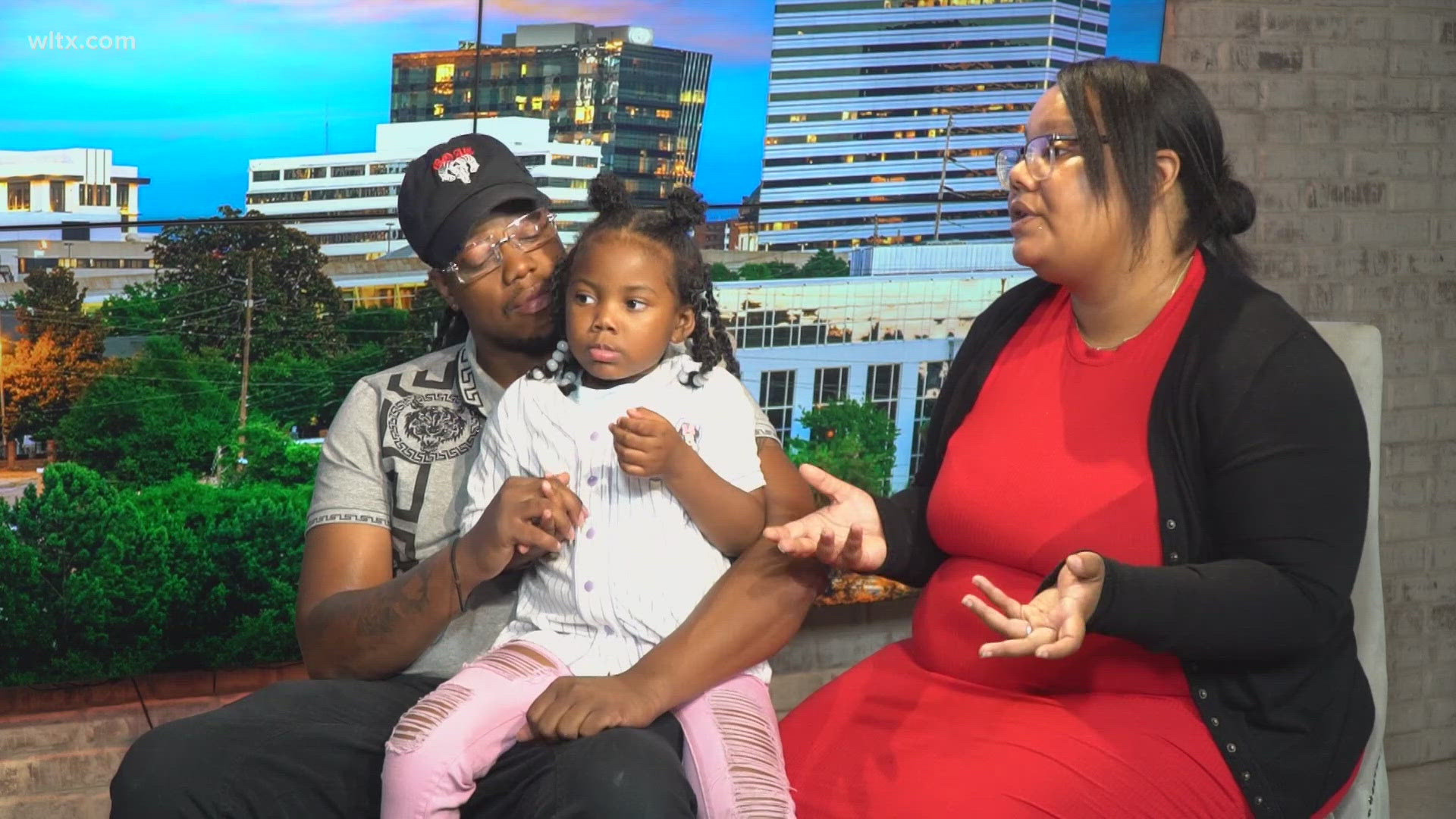COLUMBIA, S.C. — Childhood cancer survival has increased by 11% while mortality has decreased by 21% in the Palmetto state since 1996, according to the first-of-it's kind 25-Year Inaugural Childhood Cancer Report.
The report, from the South Carolina Childhood Cancer Taskforce, looked at over 20 years of data in the first comprehensive report specializing in childhood cancer.
Improving outcomes in South Carolina, but still progress to make
Doctors from Prisma Health Children's Hospital and the USC School of Medicine presented the report today, noting that the research can go to improving health outcomes in the future.
"Children are not miniature adults," said Dr. Anna Hoppman, Chair of the SC Childhood Cancer Taskforce. "The cancers that children face, their prognosis and their treatments are different as compared to adults and we need to look at them individually and uniquely to understand the challenges and we can improve things even more over time."
The report also found that South Carolina has lower incidence rates of childhood cancer than both regional and national rates. The report also showed that Black children had the lowest survival rates, compared to white and Hispanic children.
Childhood cancer impacts families
The report also found that instances of leukemia and lymphoma are increasing. Leukemia can have drastic impacts, says Ayanna Boyd, the mother of 5-year-old Ava. She was diagnosed with leukemia a year ago.
"She was hurting for days," said Boyd. "The last thing we saw was just her not walking and that’s the thing that put us in the state of, 'something is really not right, she hasn’t walked for like two weeks.'"
Ava has been undergoing treatments s like chemotherapy and steroids at Prisma since then. Boyd says the treatments can take a toll.
"We’ve been doctors appointments, every other week sometimes two or three times a week. Her being sick is the hardest part for us. Once she gets sick sometimes it’s maybe a week or sometimes maybe two weeks before she gets better," Boyd says.
The treatment process takes more than two-years, and Ava has a long road ahead, but she's already making improvements. She's still in school at Watkins Nance Elementary, and loves to play with her two sisters, go to the beach, and be in the water.
"I can see we have seen a major weight gain. At first she wasn’t as verbal we wanted her to and now she talks a lot," said Boyd. "I’m expecting God to heal her and it be that and she grows up to be whatever she wanna be."

